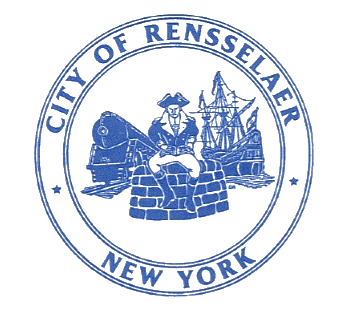July 18, 2019, 2:25 pm
Click here to read FEMA Extreme Heat Info Sheet
- Wear lightweight, light-colored, loose clothing that covers as much of your skin as possible.
- Drink fluids — particularly water — even if you do not feel thirsty.* (*People with heart, kidney or liver disease, or on fluid restricted diets should check with their doctors before increasing fluid intake.)
- Never leave children, pets, or those who require special care in a parked car during periods of intense summer heat.
- Avoid strenuous activity, especially during the sun's peak hours – 11 AM to 4 PM. If you must engage in strenuous activity, do it during the coolest part of the day, usually in the morning between 4 AM and 7 AM.
- Cool showers or baths may be helpful, but avoid extreme temperature changes. Never take a shower immediately after becoming overheated – extreme temperature changes may make you ill, nauseated, or dizzy.
- If you have asthma or other respiratory problems, stay in an area where it is cool and the air is filtered or air-conditioned.
- Check on your neighbors during a heat wave, especially if they are seniors, young children, and people with disabilities and access and functional needs.
- Many older New Yorkers live alone and could suffer unnecessarily in the heat because they are isolated from friends and family.
- Seniors and others who may be sensitive to extreme heat should contact friends, neighbors, or relatives at least twice a day during a heat wave.
- Protect Your Health If possible, stay out of the sun. When in the sun, wear sunscreen (at least SPF 15) and a hat to protect your face and head.
- Use an air conditioner if you have one.
- If you do not have an air conditioner, keep rooms well-ventilated with open windows and fans.
- Consider going to a the spray pool, air-conditioned store, mall, movie theater, or cooling center.
